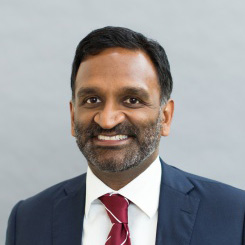Every now and then you come across something in the news that makes you want to laugh and weep at the same time. Today’s International Herald Tribune contains one such article.
Titled “Poles on ramparts of EU culture war”, it relates how the newly-elected Polish members of the European Parliament are causing so much rancor in Brussels. Their crime: being Christian, pro-economic growth, and friendly to the United States.
It turns out that some of the new members of the European Union members are not so keen on abortion, homosexuality, and stagnant economies – and for this they are considered “anti-European” by the socialists preaching tolerance for all but those who disagree with the socialists.
This kind of hypocrisy is all too familiar for Central and Eastern Europeans:
“We want to see Europe based on a Christian ethic,” said Maciej Giertych, one of 10 European Parliament members from the Law and Justice Party. “We accept the teachings of the Catholic Church on all moral issues. If you want to know our opinions, read the opinions of the Catholic Church.”
Giertych, who helped stage last week’s anti-abortion display in Strasbourg, said its forced removal was a reminder of the intolerance to open debate once shown by the Communists in his country. “It reminds us of what we had in Poland before 1989,” he said.
The article would be altogether depressing if it weren’t for the breathless, can-you-believe-what-these-Christians-are-doing nature of the reporting. I would be tempted to consider it a satire if I didn’t know better.
Thank goodness for these brave Poles and people like Rocco Buttiglione who are willing to buck these trends.

